Triumph over adversity is a common theme in inspiring stories, but for Monné Patton, a senior at Tupelo High School, it’s a lived reality. After weeks of battling a serious illness at St. Jude Children’s Research Hospital, Patton has not only emerged with her health restored but has also taken remarkable steps forward—quite literally. Once confined to a wheelchair and unable to walk, Patton defies the odds, walking the halls of her high school with determination and a smile. This is the story of her unwavering spirit and the journey back to her feet, a testament to her courage and the support of her community.
“As I look back over what I went through, I look at life differently. I value life and the working limbs of my body, as a whole, more than I ever have before. You never know what could happen to you within the blink of an eye. I went crazy with no patience for recovery. I wanted to recover right then! Now, I think of life as a marathon, not a race. You can’t rush anything. Healing takes time, succeding takes time, everything just takes time. Looking towards the future, my goals remain the same. Although, I didn’t feel I could reach them while being down. I just have to be more cautious of how I approach them due to my situation,” Patton said. 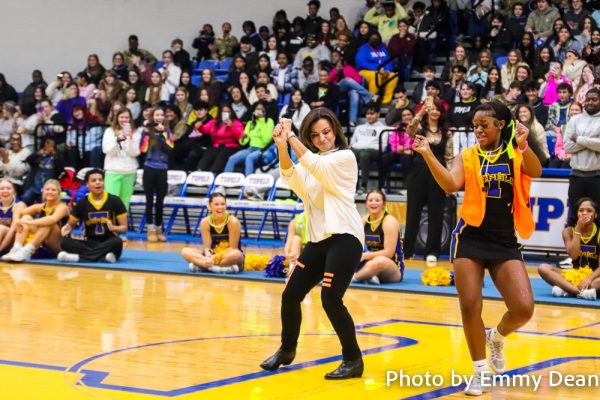
Patton reflects on a personal experience that led to a profound change in outlook on life. After facing an abrupt and challenging event, Patton gained a deeper appreciation for life and physical well-being. Initially struggling with impatience during recovery, Patton learned that like a marathon, life requires patience and time, whether for healing or achieving success. Despite the trials, Patton’s goals remain steadfast, but there’s now a recognition of the need for a more careful approach in pursuing them due to the lasting effects of the experience. This reflection emphasizes the value of resilience and the understanding that significant achievements and recovery cannot be rushed.
“The main obstacle was my sickle cell crisis. It lasted 5 days, and not even the strongest medicines like morphine were managing it. I was having seizures like shakes and trembles every single day. They finally got the pain under control, but the shakes and trembles stayed. That was when I found out I couldn’t walk. It was diagnosed as a Functional Movement Disorder. My brain could tell me to walk, but my body wouldn’t move. I couldn’t stand up, go to the bathroom on my own, feed myself, or even write my name. I was fine one day, and then the next day I wasn’t. Dealing with the fact that I may not be my normal self again left me in a sort of deep depression. Also, doctors were telling me that it wasn’t a medical condition, that couldn’t physically help me, nor did they know how long it would last. Weeks, months, years, the rest of my life even. They tried to say it was a mental issue, so I felt like I was psycho. I was determined, even if I felt I didn’t want help, I tried everything on my own. Although it all seemed unreasonable it was nothing I could physically do for healing but wait. To get over these obstacles, I cried and prayed over my legs every single day. I wore a guard belt for someone to hold me whenever I tried to walk, had people walking in front of me to visually show me how to walk, which sort of helped, did the therapy they suggested, and kept confidence that I was going to walk again,” Patton expressed.
Patton is sharing a deeply personal and difficult experience with sickle cell crisis, which is a painful condition associated with sickle cell disease. The crisis lasted five days, and the pain was so severe that even strong medications like morphine did not help. Patton experienced seizures, described as shakes and trembles, which persisted even after the pain was managed. This led to a diagnosis of Functional Movement Disorder, a condition where the brain is unable to effectively communicate with the body to produce movements. As a result, Patton faced significant challenges and could not walk, stand, feed herself, or write her name. The sudden onset of these symptoms led to a deep depression, especially when faced with uncertainty about recovery and suggestions from doctors that the issue might be psychological rather than physical. Despite the challenges and the sense of being overwhelmed, Patton showed remarkable determination. She refused assistance when falling, insisting on trying to overcome the obstacles independently. Patton used various strategies for recovery, including praying, using a guard belt for support while attempting to walk, mimicking others’ movements, following suggested therapies, and maintaining a strong belief in the possibility of walking again. Patton’s story is a testament to her resilience and determination in the face of a life-altering condition.
“First and foremost, keep a close and tight relationship with God. I still plan to move away and continue my studies at Texas Southern University, majoring in Business Administration. Also, I will be getting my license as a nail technician, so I
 can continue doing what I love in Houston Texas.” Patton said.
can continue doing what I love in Houston Texas.” Patton said.
Patton outlines a deeply personal and structured plan for her future, highlighting the importance of her spiritual life as a foundational element. She expresses a desire to further her education in Business Administration at Texas Southern University, demonstrating ambition and a clear academic goal. Additionally, Patton reveals a passion for nail artistry with the intent to obtain a nail technician license, allowing her to continue pursuing her love for the craft in Houston, Texas.
“My inspirations were God, my mom, and my grandma. They kept me sane. Whenever I cried or was in doubt, they told me everything would work out in my favor. God inspired me to keep faith because I was only being sat down for a bigger purpose in life. My mom came from Texas and carried me through. She made sure I was okay even though she was falling apart seeing me in the state I was in. My grandma never left my side, through the long days and nights of being in the hospital, through everything, she took care of me. Every day she would tell me to “Reach up and grab Him, He will work it out” and till this day, I live by those words,” Patton expressed
Patton reflects on the significant influences in her life during a challenging time, attributing her resilience to the support and inspiration from God, her mother, and her grandmother. She credits God with providing faith and perspective, suggesting that her struggles had a greater purpose. Patton’s mother is praised for her unwavering support, traveling from Texas and offering emotional strength even when confronted with her distress at Patton’s situation. The grandmother’s constant presence and encouraging words in the hospital also left a lasting impact, instilling in Patton a mantra about faith and perseverance that she continues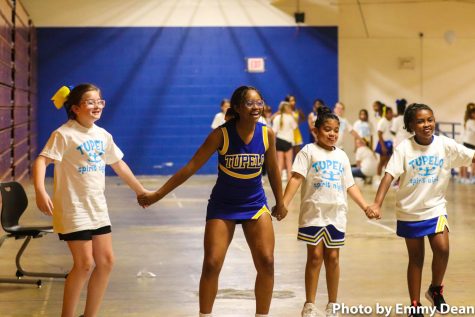 to live by. This quote reveals the powerful role that family and faith have played in helping Patton overcome adversity.
to live by. This quote reveals the powerful role that family and faith have played in helping Patton overcome adversity.
“My first day back was a relief from being stuck in the house for a hard month. I was elated to be back. I had no idea I would miss school as much as I did. Doing work so far has been manageable, teachers made accommodations for me and have been very understanding and sympathetic to what I went through,” Patton said.
Patton shares her feelings about returning to school after a difficult period of being confined at home for a month. She expressed a sense of relief and happiness to be back in the school environment, which she surprisingly missed more than anticipated. Patton also mentions that her schoolwork has been manageable thanks to the accommodations provided by her teachers, who have shown understanding and sympathy for Patton’s recent experiences. This highlights the positive impact that a supportive school community can have on a student’s return to normalcy after facing challenges.
Patton’s journey is more than a personal triumph; it’s a powerful narrative of human resilience and the strength of the human spirit. Her experience, marked by a fierce battle with sickle cell crisis and Functional Movement Disorder, reminds us all of the fragility of health and the tenacity required to reclaim it. Patton’s story, from the depths of a deep depression to the steps she takes down the school corridor, offers hope and inspiration. It serves as a beacon to others facing their challenges, proving that with patience, faith, and a supportive community, the path to recovery, though daunting, is navigable. Her smile in the hallways is not just a sign of her joy to be walking again but also a symbol of her indomitable will to face life’s hurdles with courage and grace.



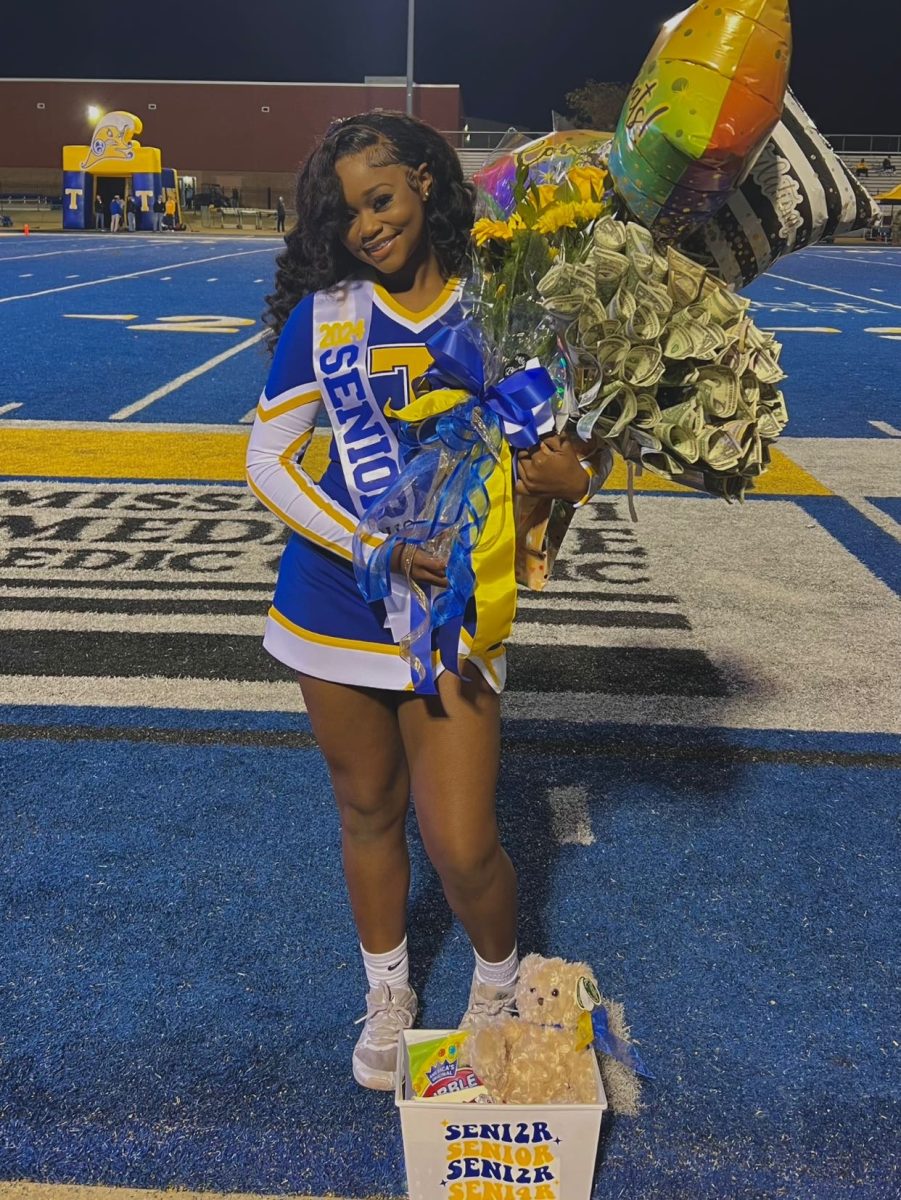

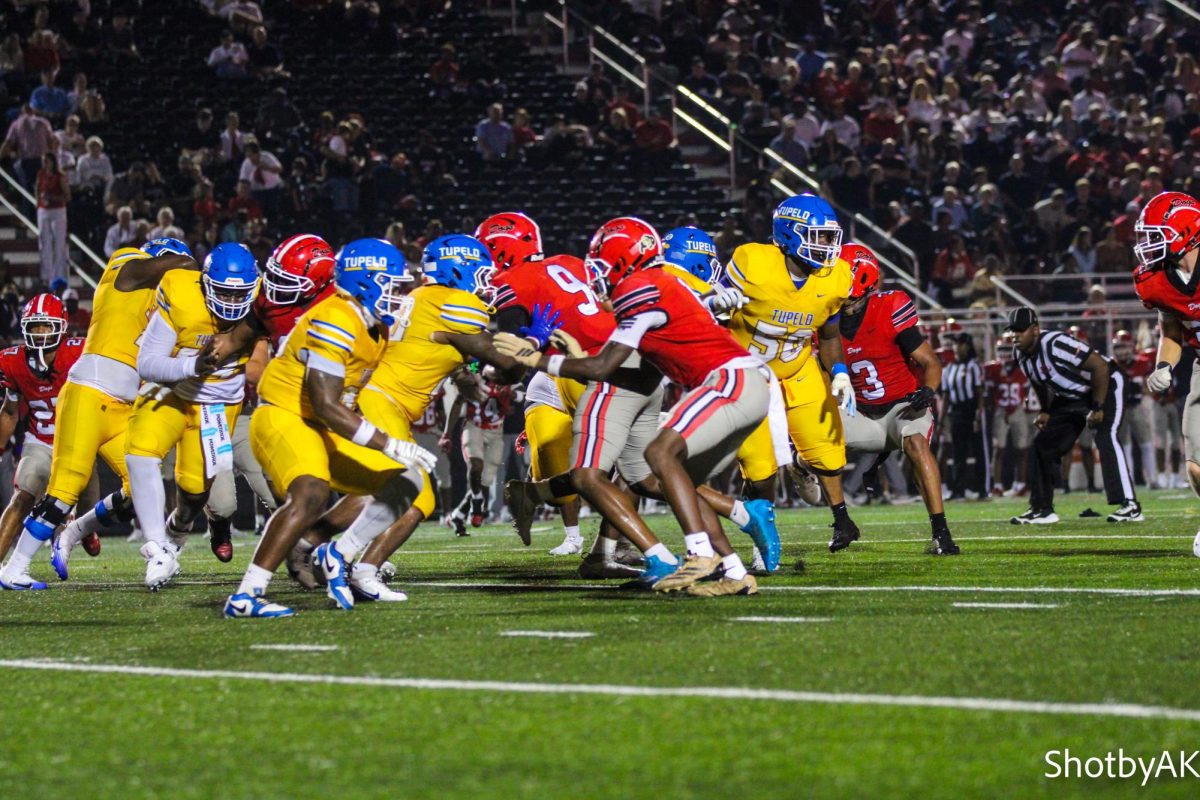
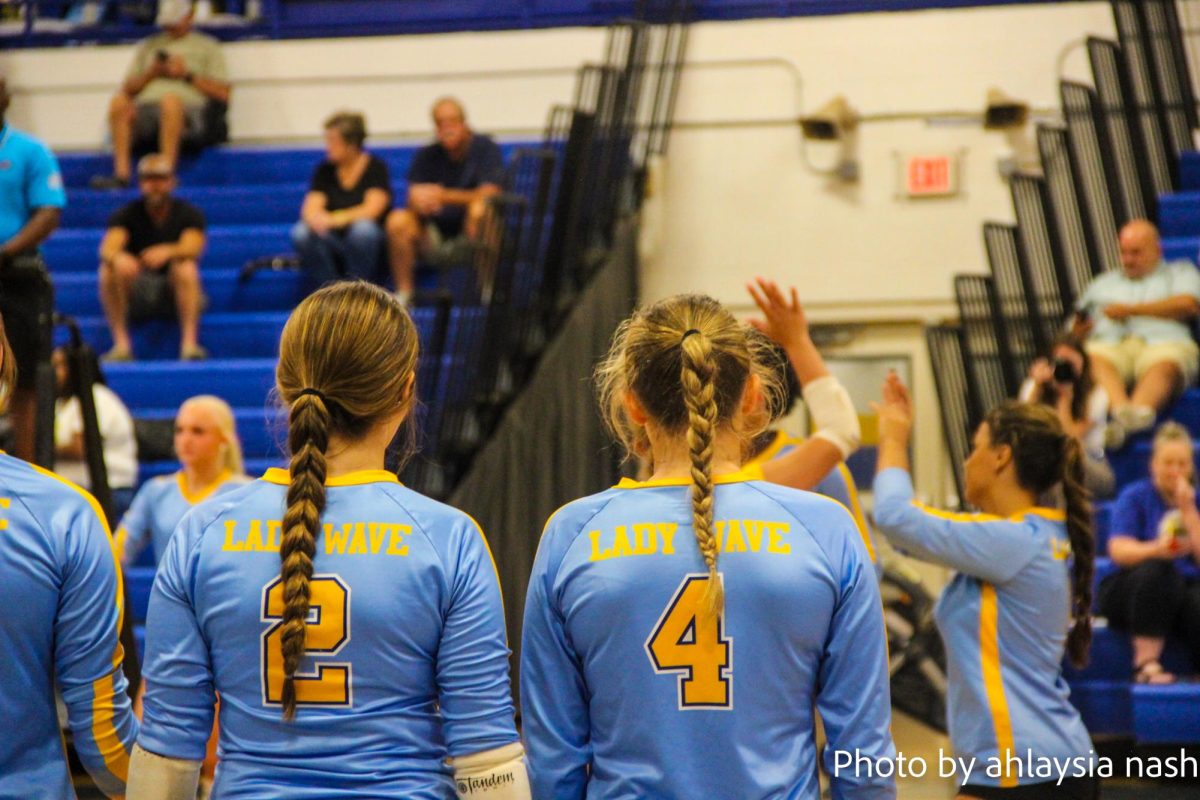


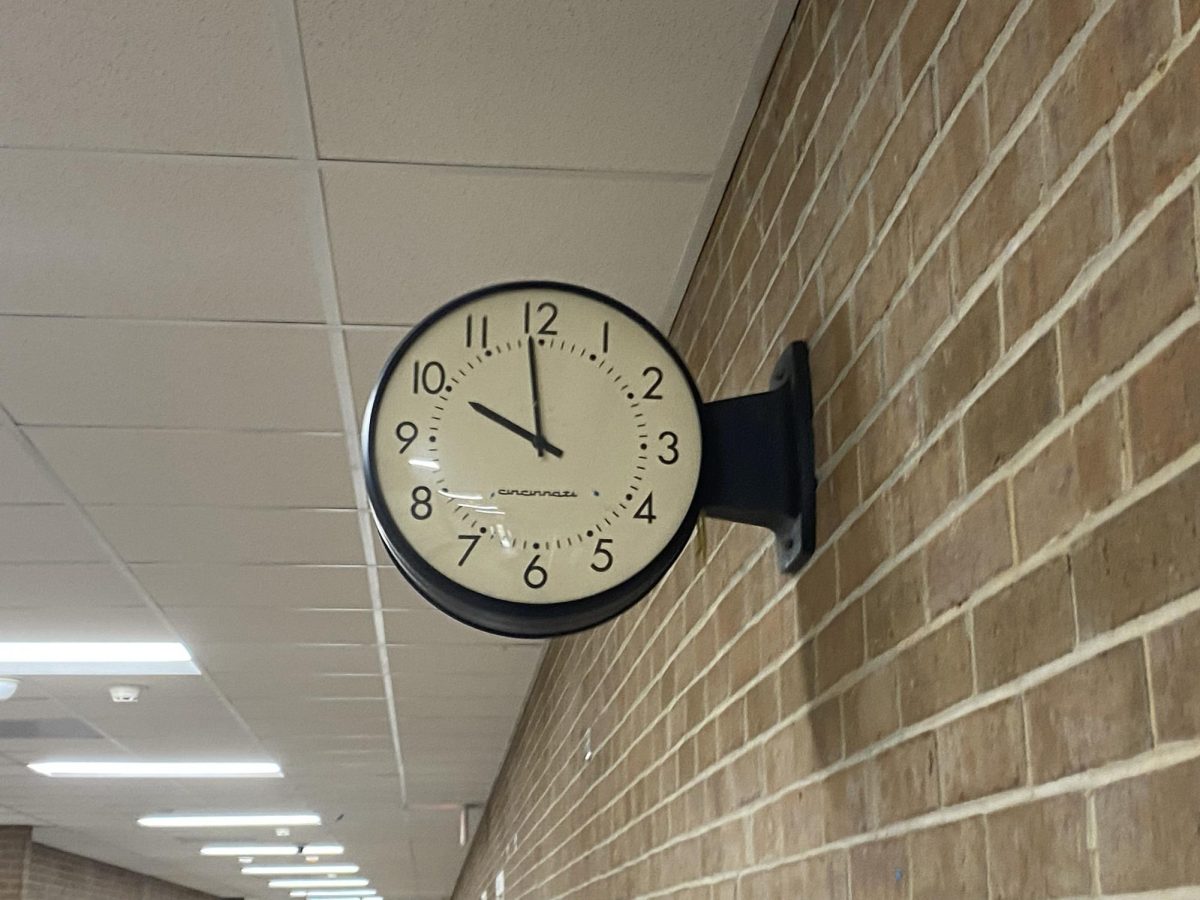
Monné Patton • May 6, 2024 at 10:50 am
Thank you so much for being a voice of reasoning to my testimony! I hope this inspires others to keep going in the face of discouraging obstacles. The love and support is greatly appreciated. #WAVE4L